Envisioning Tomorrow: Eight Works of Fiction for a Just Future
Written on
Chapter 1: The Essence of Visionary Fiction
Visionary fiction serves as a powerful tool for understanding and challenging the existing power dynamics in society. This genre encourages us to envision pathways towards a more just world, emphasizing community organization and liberation movements. It amplifies the stories and leadership of marginalized groups, particularly those with intersecting identities. Through this lens, we can redefine our relationship with power, fostering a decentralized, collective, and non-capitalist approach to change.
This article is part of a broader examination on OneZero, focusing on how narratives about the future can inspire current societal transformations. In a companion piece, Walidah Imarisha, a notable author and educator, discusses the importance of futuristic storytelling in fostering a better tomorrow. Below, she presents a curated reading and viewing list of visionary fiction to stimulate our imaginations.
Section 1.1: A Reading List for Visionary Futures
Here are some essential works that illustrate the essence of visionary fiction:
Parable of the Sower by Octavia E. Butler
Butler’s works, especially this 1993 novel, are profoundly prophetic, depicting a dystopian future rife with climate disasters and societal collapse. It’s an essential read for understanding the potential trajectories of our world.
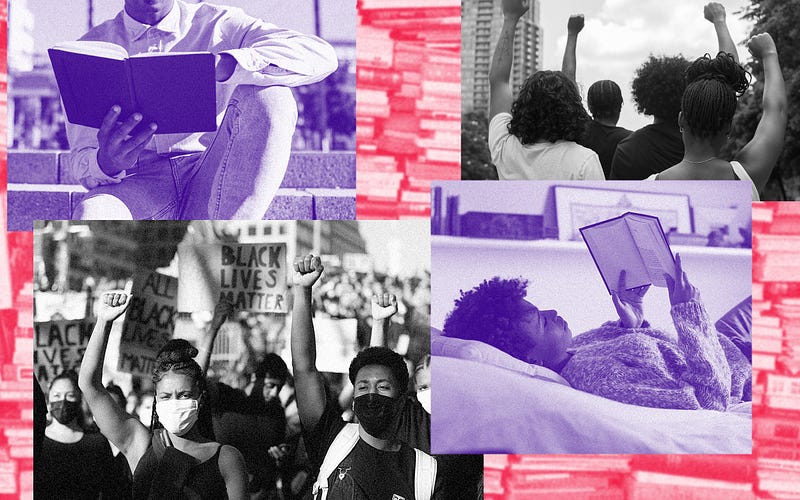
Fire on the Mountain by Terry Bisson
In an alternate history where John Brown’s rebellion was successful, this narrative imagines a Black nation aiming to land an astronaut on the moon by 1959, reminding us that every moment holds the potential for different futures.
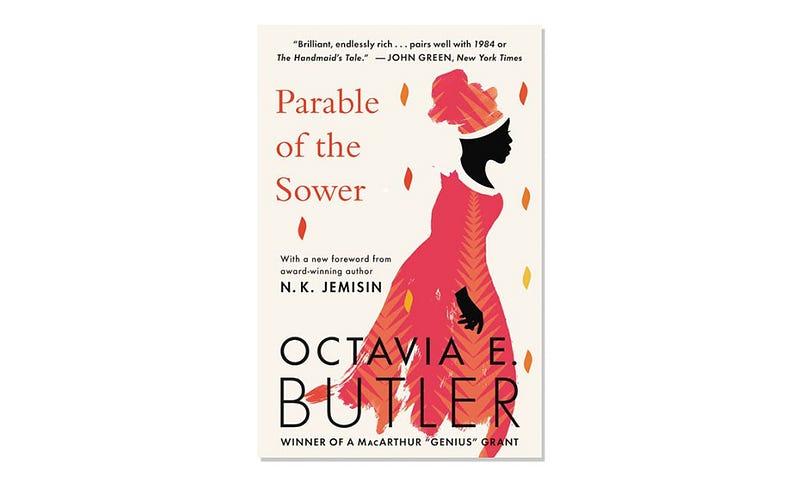
Dark Matter: A Century of Speculative Fiction from the African Diaspora (Volumes 1 and 2)
This transformative collection showcases the brilliance of Black writers and disrupts the misconception that speculative fiction is disconnected from Black experiences.
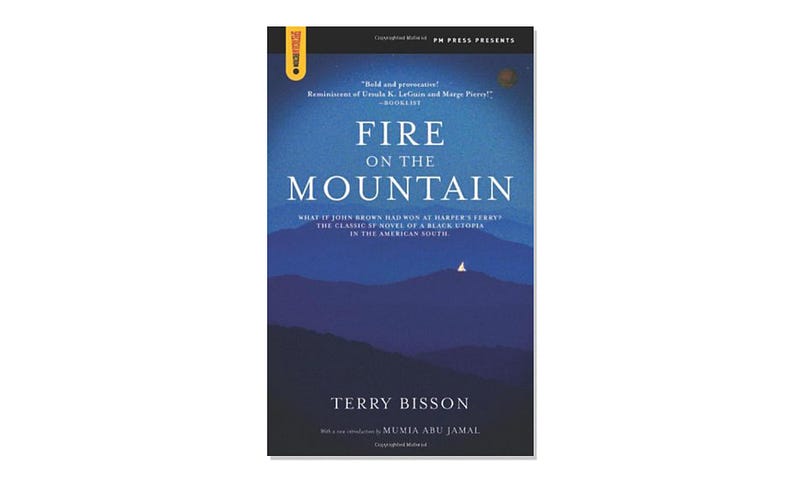
M Archive: After the End of the World by Alexis Pauline Gumbs
This work delves into a post-cataclysmic world, exploring themes of Black archival life as a crucial element for liberation.
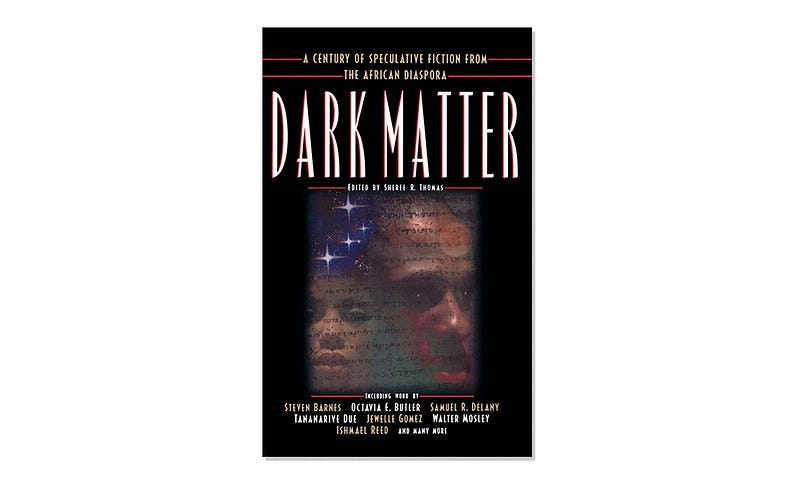
Long Hidden: Speculative Fiction From the Margins of History
This anthology foregrounds narratives that center marginalized communities, reimagining history through a lens of empowerment and resistance.
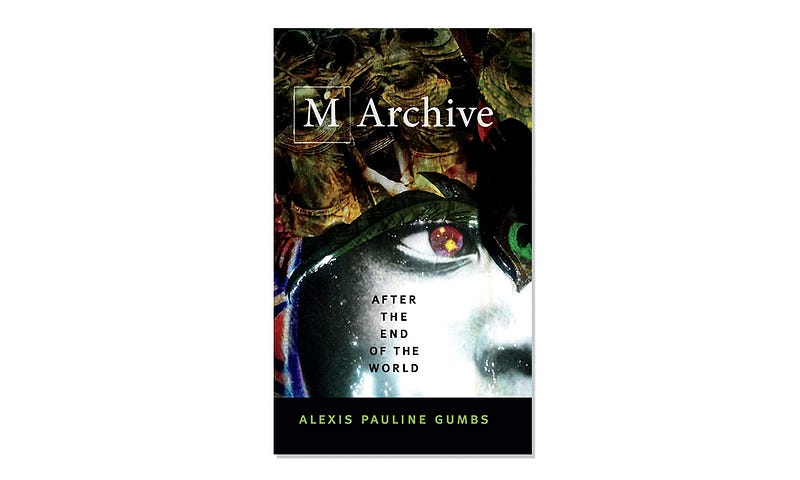
Woman on the Edge of Time by Marge Piercy
A seminal work that envisions a liberated society, this novel introduces concepts like gender-neutral pronouns and collective childcare, enriching our understanding of future possibilities.
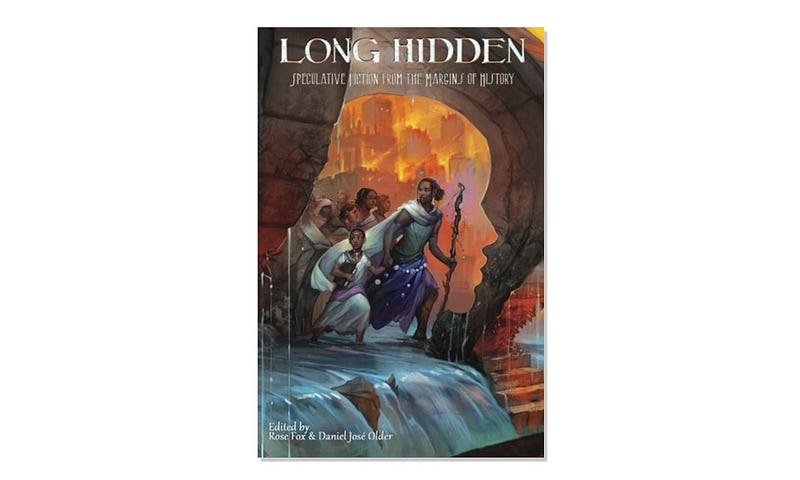
Chapter 2: Visionary Cinema
Visionary fiction transcends literature, manifesting in various art forms, particularly film. Below are two notable examples:
Most Leaders Don't Even Know the Game They're In | Simon Sinek
In this insightful talk, Simon Sinek explores the misconceptions leaders often have about the dynamics at play in their organizations, urging a reevaluation of leadership perspectives.
Deep Dive Into Design: Assembling Tomorrow (Introductory Roundtable)
This roundtable discussion delves into the principles of design and innovation, emphasizing the importance of collective action in shaping a better future.
The film Sorry to Bother You (2018) serves as a poignant exploration of radical Black politics and community activism, while Born in Flames (1983) critiques the necessity of centering diverse identities for true liberation.
In summary, the works listed here represent just a fraction of the visionary fiction landscape. Each offers unique insights into the transformative power of storytelling in envisioning a more equitable future.